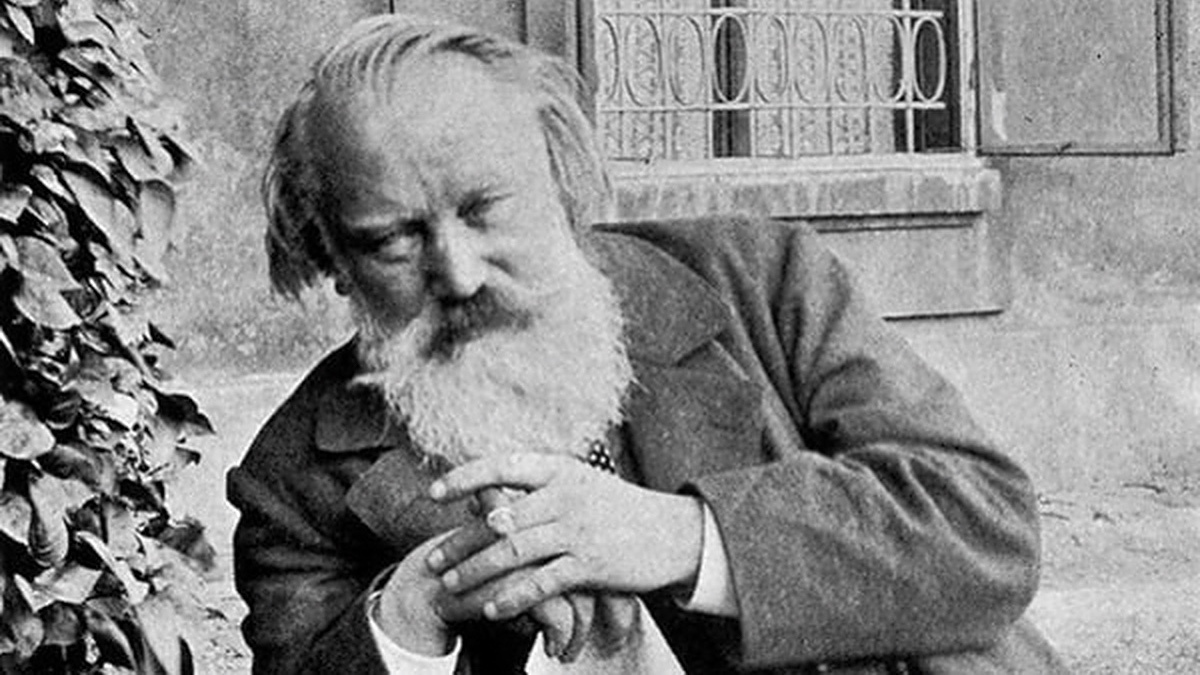Alec Wilder’s “Blackberry Winter”: Marlene VerPlanck and Keith Jarrett
American composer Alec Wilder (1907-1980) was a maverick and an eccentric whose music defied categorization. Born in Rochester, New York to a prominent family, Wilder was largely self-taught. For a few years, he studied composition and counterpoint privately at the Eastman School of Music, but he felt confined and stifled by the rules of the academy. As a young man, he moved into the Algonquin Hotel in New York City, an enclave …







